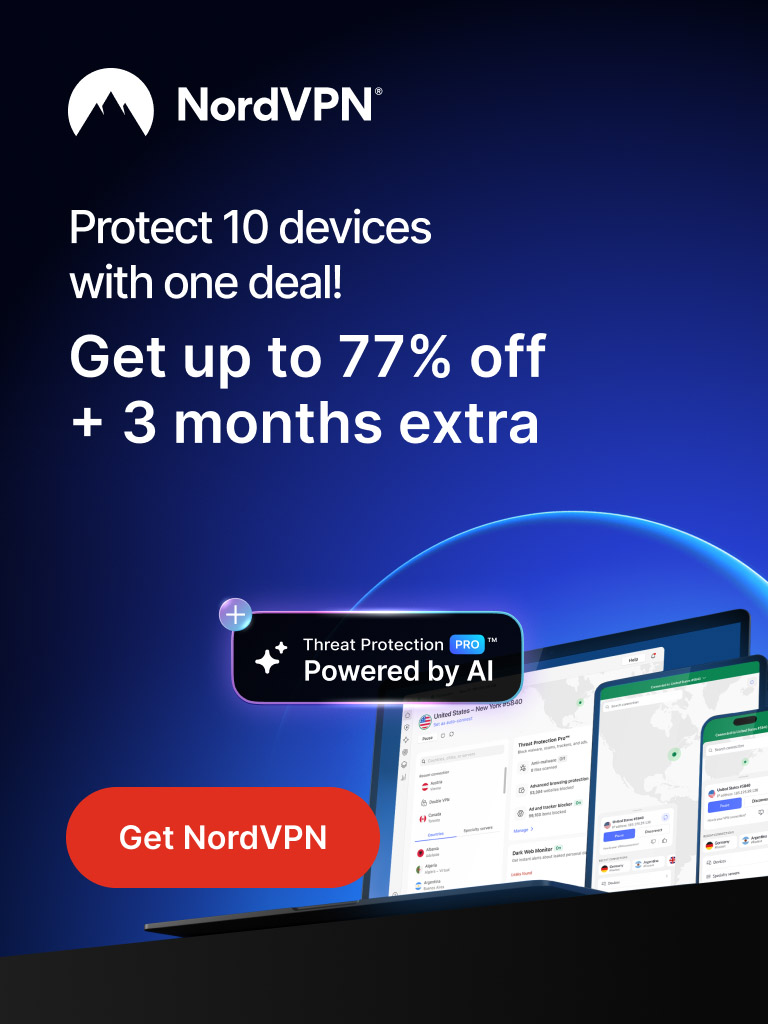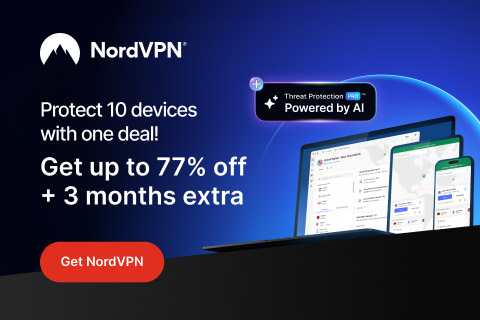Stay Private. Stay Secure. Stay Free.
Trusted by millions worldwide – protect your online life with #1 VPN
- ⚡ Blazing-fast speed on every server
- 🔒 Military-grade encryption & protection
- 🌍 Access content globally without limits
- 📱 Up to 10 devices with one account
In today’s digital age, online security and privacy have become hot topics of discussion. With the increasing threats of cybercrime, hacking, and surveillance, it’s more important than ever to protect your data and online activity. This is where a Virtual Private Network (VPN) comes into play.
### Introduction
A VPN is a tool that creates a secure and encrypted connection between your device and the internet. It hides your IP address, encrypts your online traffic, and allows you to browse the web anonymously. Essentially, it acts as a tunnel that protects your data from prying eyes and potential threats.
### Benefits or Advantages
1. **Enhanced Security:** One of the primary benefits of using a VPN is the enhanced security it provides. By encrypting your internet traffic, a VPN ensures that your sensitive information, such as passwords, credit card details, and personal data, remains private and secure.
2. **Anonymity:** With a VPN, you can browse the web anonymously. Your real IP address is masked, making it difficult for websites, advertisers, and even your Internet Service Provider (ISP) to track your online activities.
3. **Access Restricted Content:** VPNs allow you to bypass geo-restrictions and access content that may be blocked in your region. Whether you want to stream your favorite TV show that’s only available in another country or access a website that’s restricted in your location, a VPN can help you access it.
4. **Public Wi-Fi Security:** Public Wi-Fi networks are notorious for their lack of security. By using a VPN on public Wi-Fi, you can protect your data from potential hackers who may be trying to intercept your information.
### Possible Drawbacks
1. **Reduced Speed:** Since a VPN encrypts your online traffic, it can sometimes slow down your internet connection. This is particularly noticeable when using a VPN with long-distance servers.
2. **Cost:** While there are free VPNs available, most reliable VPN services come with a price tag. However, the added security and privacy they provide make it a worthwhile investment for many users.
### Use Cases or Real-World Examples
1. **Remote Work:** With the rise of remote work, many employees use VPNs to securely access company networks and sensitive data from anywhere in the world.
2. **Streaming Services:** VPNs are popular among users who want to access region-locked content on streaming platforms like Netflix, Hulu, and Amazon Prime Video.
### Frequently Asked Questions (FAQs)
**Q: Is using a VPN legal?**
A: Yes, using a VPN is legal in most countries. However, it’s important to note that using a VPN to engage in illegal activities is still illegal.
**Q: Can I use a VPN on my mobile device?**
A: Yes, most VPN providers offer apps for both Android and iOS devices, making it easy to protect your online activities on your smartphone or tablet.
**Q: How do I choose the right VPN for me?**
A: When choosing a VPN, consider factors such as security features, server locations, speed, and customer support. It’s also important to read reviews and compare different VPN providers before making a decision.
### Conclusion
In conclusion, a VPN is a valuable tool for protecting your online privacy and security. Whether you want to secure your data while using public Wi-Fi, access restricted content, or simply browse the web anonymously, a VPN can provide you with the peace of mind you need in today’s digital world.
So, why wait? Claim your NordVPN deal today and start enjoying the benefits of a secure and private online experience.

